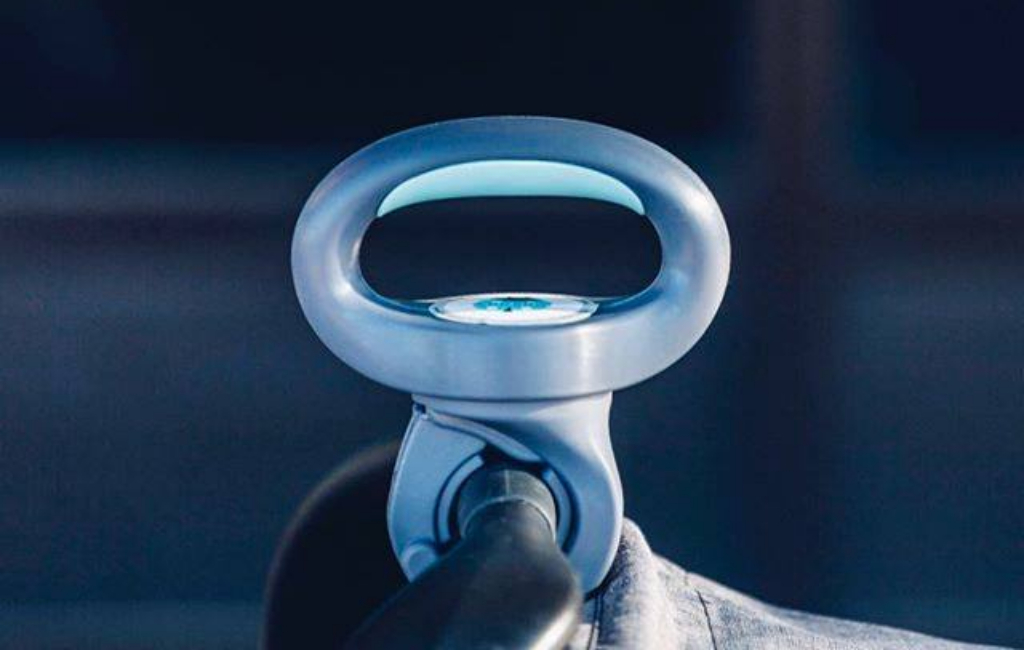Lifebelt Seat Belt Safety Device
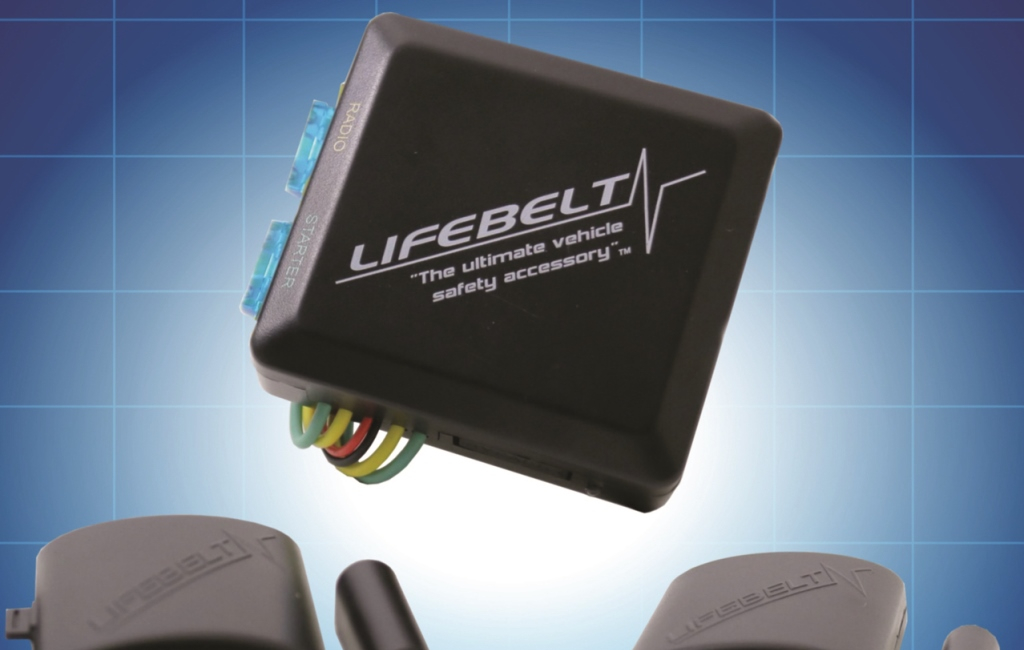
NO DEAL
EPISODE SUMMARY
🕓 Air Date: August 16, 2009
Asking For:
$500,000 for 10%
Investor:
No Deal
Deal:
No Deal
PRODUCT SUMMARY
LifeBelt is a safety device that prevents a vehicle from starting until the driver fastens their seat belt, aimed at reducing fatalities from car crashes, especially among teens.
WATCH HERE
IN A RUSH?
Click these to jump to the section you want to read.
Background Story
LifeBelt Inc., headquartered in Las Vegas, Nevada, was founded by Robert Allison, a driven entrepreneur with a deeply personal mission. Seven years prior to founding LifeBelt, Robert experienced a tragic loss when a loved one perished in a car crash. This devastating event ignited Robert’s determination to develop a solution that could prevent similar tragedies in the future. Drawing from his background in innovation and problem-solving, Robert embarked on a journey to create LifeBelt.
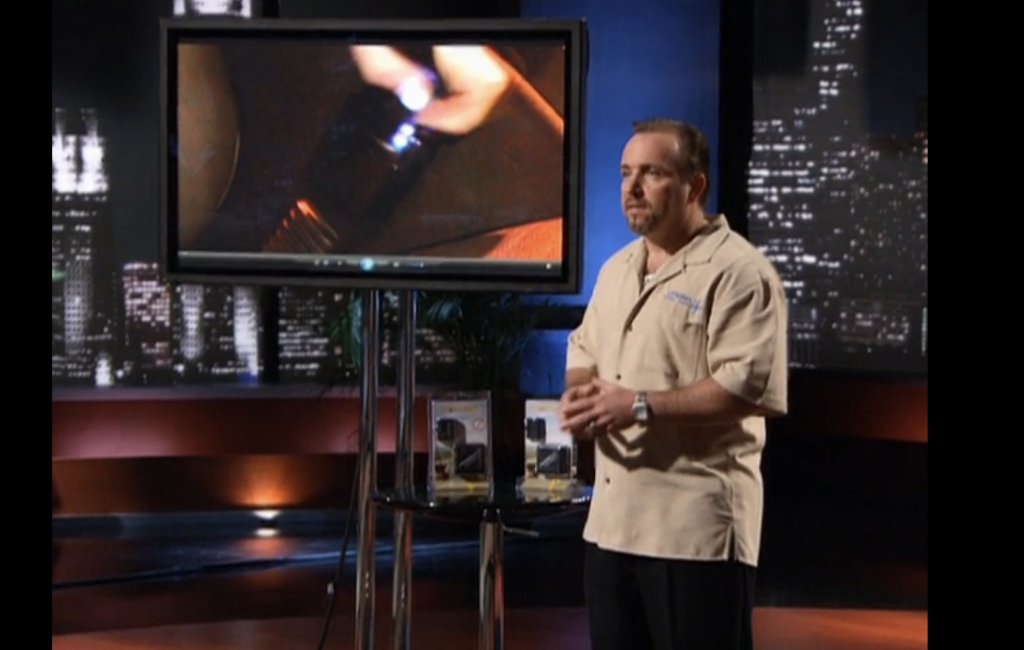
Robert’s entrepreneurial spirit was evident throughout his career, having previously started and sold a successful business for $100 million. Armed with his experience and a passion for making a difference, Robert set out to tackle one of the leading causes of death in the country – traffic crashes. The idea for LifeBelt stemmed from Robert’s desire to promote seat belt usage, particularly among teens, who are disproportionately affected by car accidents.
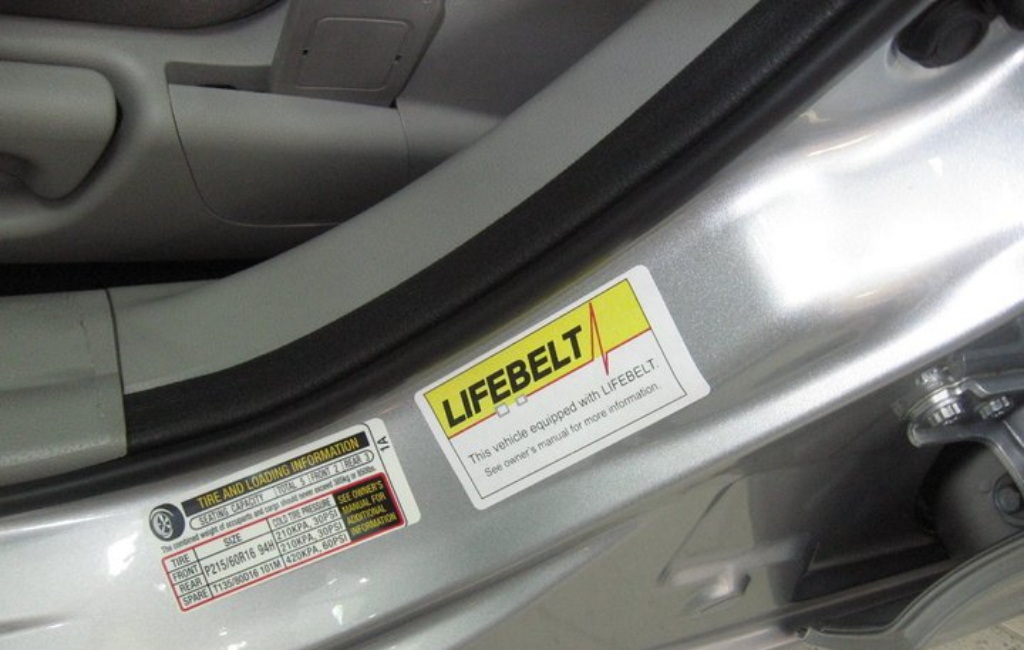
Recognizing the potential of technology to save lives, Robert conceptualized a device that would prevent a vehicle from starting unless the driver fastened their seat belt. This innovative approach aimed not only to enhance road safety but also to instill a culture of responsible driving habits. Inspired by his personal tragedy and driven by a vision of creating a safer future for all drivers, Robert founded LifeBelt Inc. With a mission to revolutionize the automotive industry and save lives, Robert and his team are committed to bringing LifeBelt to every vehicle on the road, one installation at a time.
The Product
LifeBelt is a cutting-edge safety device designed to promote seat belt usage and enhance road safety. Installed within the vehicle’s fuse box, LifeBelt ensures that the vehicle cannot start until the driver fastens their seat belt securely. This innovative technology serves as a powerful deterrent against driving without proper restraints, particularly targeting the demographic most at risk – teens.
The installation process is straightforward, with options for professional installation or self-installation, making LifeBelt accessible to a wide range of consumers. Priced at $229 for installation in Las Vegas, the device offers an affordable solution to a critical safety concern. Additionally, LifeBelt can be purchased directly from the company’s website or through authorized retailers, facilitating easy access for interested consumers.
Beyond its primary function of encouraging seat belt usage, LifeBelt offers several benefits and features. Its intuitive design seamlessly integrates into the vehicle’s existing system, ensuring reliable performance without interfering with other functions. The device operates discreetly, providing a subtle yet effective reminder to prioritize safety before starting the engine.
By promoting responsible driving habits and reducing the risk of fatalities from car crashes, LifeBelt represents a significant advancement in automotive safety technology. With its potential to save lives and prevent injuries, LifeBelt is poised to make a meaningful impact on road safety for drivers of all ages.
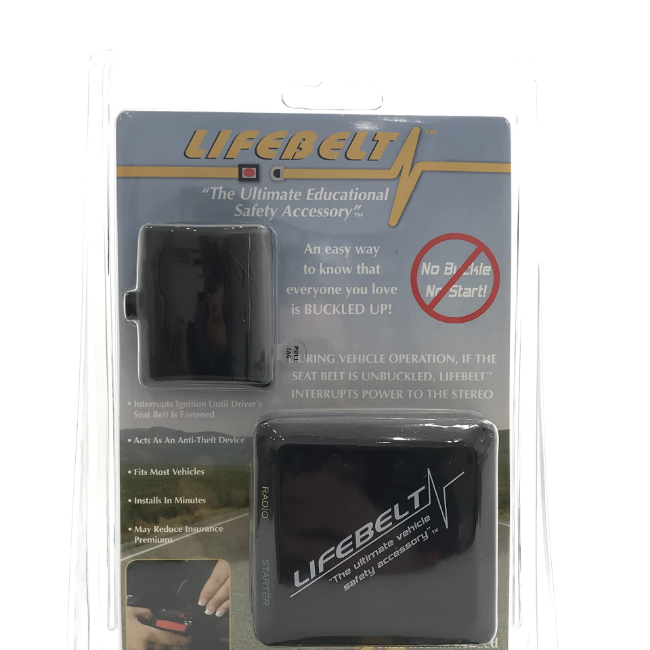
How It Went
The company’s position before Shark Tank
LifeBelt Inc. has made strides in its mission to promote road safety and encourage seat belt usage, but faces challenges in gaining widespread adoption and market penetration. The company’s health and position reflect its potential for growth, coupled with the need for strategic partnerships and increased brand awareness. LifeBelt has established partnerships with select retailers and automotive service providers to facilitate the distribution and installation of its products. These partnerships aim to expand the company’s reach and accessibility to consumers seeking innovative safety solutions for their vehicles. However, LifeBelt’s distribution network remains limited, hindering its ability to reach its target market effectively.
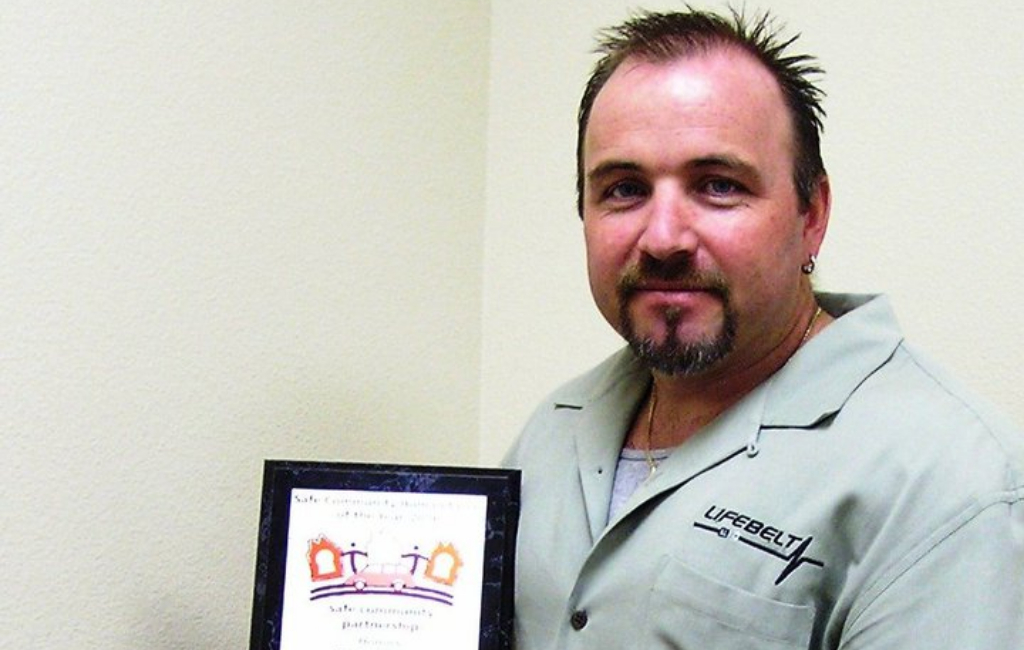
The company primarily relies on sales revenue for funding, with minimal external investment to date. While this approach demonstrates fiscal responsibility, it also limits the company’s ability to scale operations and invest in marketing initiatives to drive growth. As a result, LifeBelt operates within modest profit margins, with a focus on reinvesting earnings into product development and market expansion efforts. LifeBelt’s customer base consists of safety-conscious drivers, particularly parents and caregivers concerned about the well-being of their loved ones on the road. Targeting this demographic allows the company to capitalize on the demand for reliable safety solutions in the automotive market.
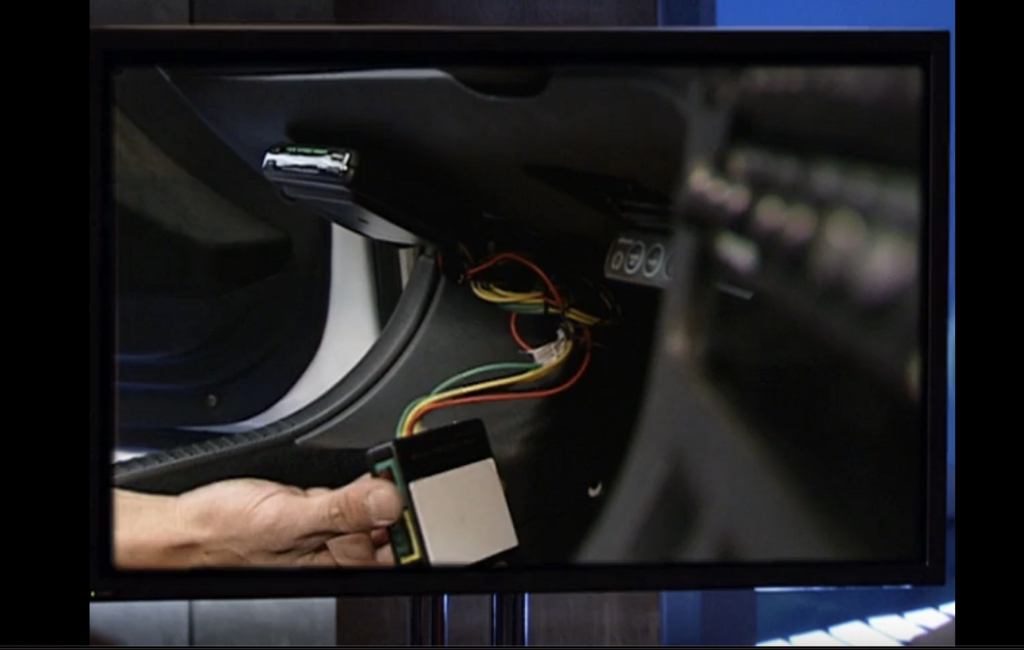
However, reaching a broader audience remains a key challenge for LifeBelt, requiring strategic marketing campaigns and partnerships to raise awareness and drive sales. In terms of structure, LifeBelt operates as a lean organization, with a small team overseeing product development, sales, and customer support. While this streamlined approach enables agility and efficiency, it also limits the company’s capacity to pursue ambitious growth strategies independently. Moving forward, LifeBelt may seek opportunities for strategic partnerships or external investment to accelerate its expansion and establish itself as a leading provider of automotive safety technology.
The Negotiations:
In the Shark Tank negotiation, Robert Allison, the founder of LifeBelt Inc., faced a challenging reception from the Sharks due to concerns about the company’s valuation and market potential. Robert initially sought $500,000 for a 10% equity stake in LifeBelt. However, the Sharks were hesitant to invest at this valuation, citing doubts about the scalability and profitability of the business. Despite expressing interest in the product’s potential to save lives, the Sharks ultimately passed on investing in LifeBelt.
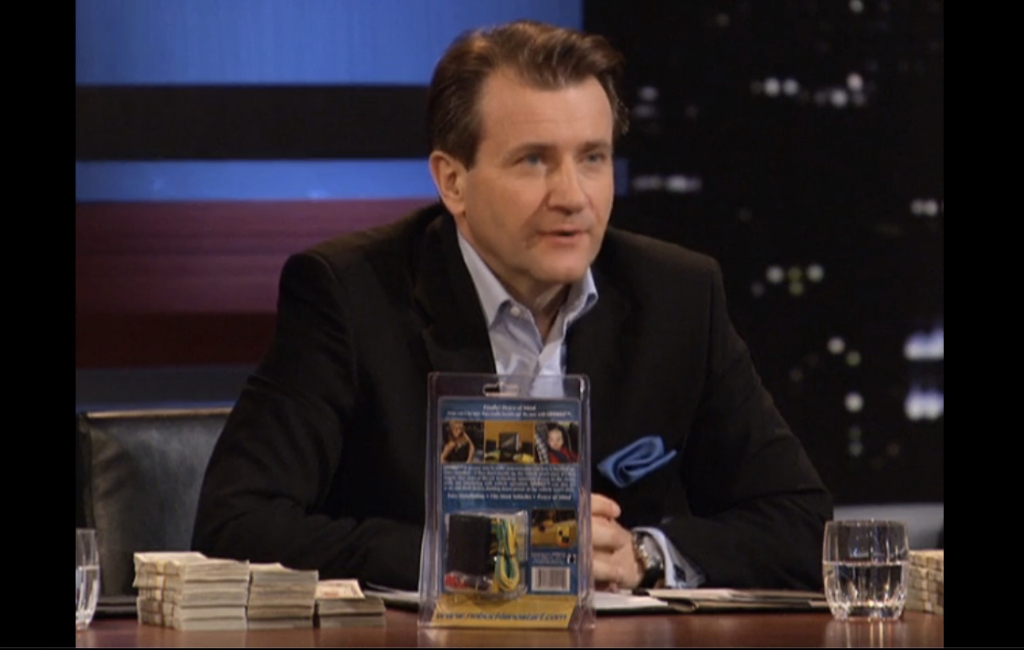
Kevin O’Leary and Mark Cuban were quick to voice their concerns about the high valuation, with Kevin describing it as “nuts” and Mark expressing skepticism about the company’s ability to generate significant returns. Barbara Corcoran and Robert Herjavec questioned Robert’s approach to market penetration and distribution, highlighting the challenges of selling directly to consumers and securing partnerships with automotive manufacturers.
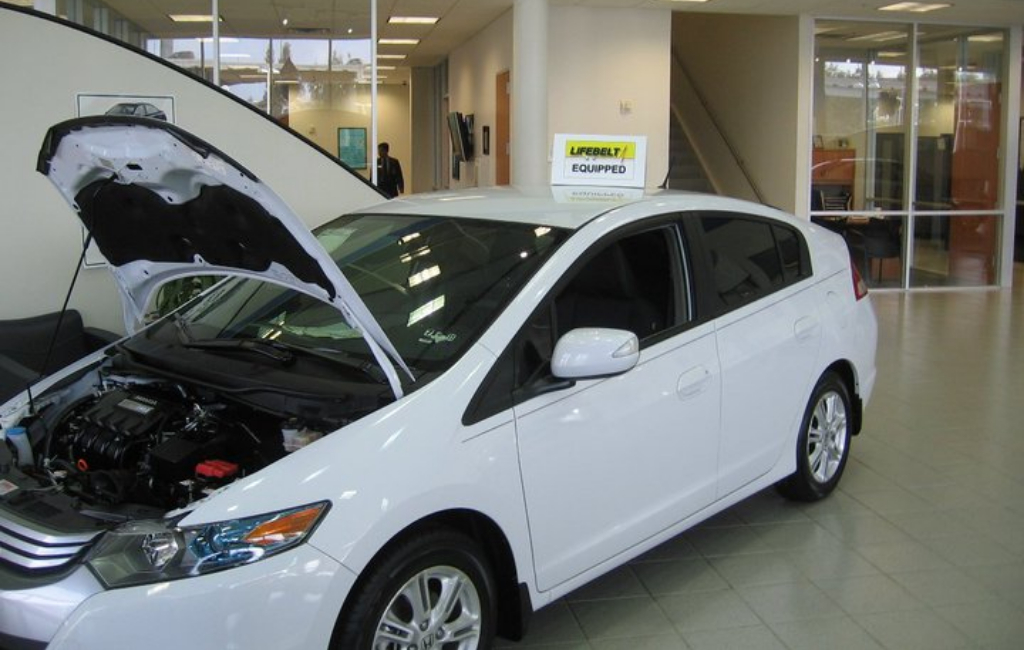
They emphasized the need for a clearer path to profitability and scalability for LifeBelt to attract investment. In a surprising turn of events, Kevin O’Leary made an unconventional offer to purchase the patent for $500,000, effectively acquiring full control of the technology. However, Robert declined the offer, expressing his commitment to building LifeBelt into a nationally recognized brand. Despite receiving multiple offers to purchase the patent outright, Robert remained steadfast in his vision for LifeBelt, ultimately declining all offers and leaving the Tank without a deal.






